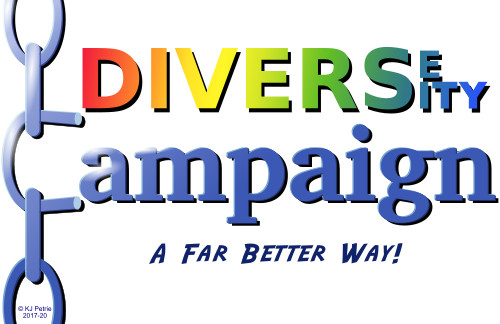Opinion
10th November 2021
He Apologised, but was he right to do so?
On 28th October, Bristol Rovers manager, Joey Barton, apologised for using the word holocaust to describe a footballer’s performance falling apart. The word had provoked loud criticism claiming he was comparing a bad day at work to the mass slaughter of Jews by the Nazis during the 2nd World War. He apologised saying it had been a bad analogy, he had never intended any offence, and he would not use the word again.
Was this right though? Had he actually used the word as an analogy or did he only conclude it was such after people told him it was? Only he can answer that, but I doubt it. According to my dictionary (a 1975 Chambers which predates the television series whose title, Holocaust first introduced the word to a mass audience as an analogy for the Nazi genocide), holocaust is defined as “a sacrifice in which the whole of the victim was burnt: a huge slaughter or destruction of life.”
Now, we can see clearly that using this term for a period of poor performance, injury, or loss of confidence is somewhat hyperbolic given the scale of destruction it recalls, but such exaggeration is common in the football industry where another manager, Bill Shankly, once said football was “much more important” than a matter of life and death. We can also see using it as a label for a devastating historical period in which millions were murdered is an appropriate one, rather more appropriate than a footballing analogy. Deaths in football are rare. Nor was it helpful journalists chose to print Mr Barton’s remark with a capital ‘H’, turning his use of a common noun (introduced with an indefinite article) into a proper one. That was surely mischievous. He might have intended no offence. I’m not so sure about the journalists. I think they did and are probably to blame for any offence caused.
What worries me most about this incident is the apparent appropriation of a Greek-derived English word which could deny its general use where it might be the best word for the job. Beside the Nazi genocide, I can think of other historical contexts where it might serve appropriately as a proper noun: the citizens of Nagasaki and Hiroshima might well use it to refer to what happened to those cities in 1945. Indeed, as those cities were incinerated along with many of their inhabitants as a loss deemed, I presume, acceptable if it ended the war quickly, it might be a more appropriate use than the more gradual though devastating evils in Nazi-occupied states.
The implied precedent of political appropriation of words has worrying implications. Will we be forbidden in future to use the word catastrophe because in the Palestinian context it can be capitalised to mean the loss of a homeland, or the word troubles because in an Irish context it can refer to the periods of violence in that country’s last century? There are many words which, in a particular context, might have a special meaning, but that does not mean they might not be used outside that context with other meanings.
I very much doubt Mr Barton was thinking of the horrors of 80 years ago when he used the word and unless he was it was not a historical analogy. However, once the claim had been made he probably felt ending the row quickly by apologising was easier than fighting for his right to use an ordinary English word. After all, he’s a football manager, not a lexicographer.

